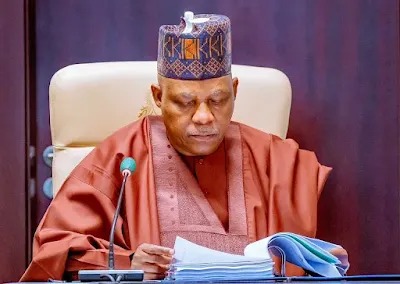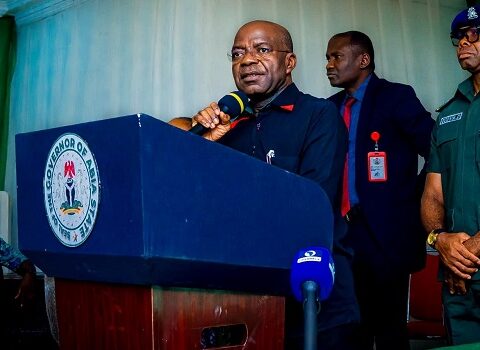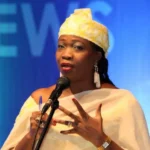The deputy speaker of the House of Representatives, Benjamin Kalu, has decried the absence of female lawmakers in 15 state Houses of Assembly in the country.
Kalu, according to a statement by his Chief Press Secretary, Levinus Nwabughiogu, stated this at a workshop to galvanize support for the Seat Reservation for Women Bill, which is pending before the House.
The deputy speaker, while canvassing support for the bill, said the proposed legislation, which is intended to create special seats for women in the National and state assemblies, is about justice, strategy, and national prosperity.
He noted presently that women make up only 3.6% of the 109 members of the Senate and 4.7% of the 360 Members of the House of Representatives.
According to him,”Democracy thrives not merely through elections, but through inclusion. When half of our population remains underrepresented in halls of power, our democracy is not just weakened—it is incomplete. Today, 15 states in Nigeria have zero elected women in their assemblies.”
“At the national level, women make up a meager 3.6% of the Senate and 4.7% of the House of Representatives. These figures are not just statistics; they are a stain on our collective conscience and a barrier to national progress.
“The Seat Reservation for Women Bill (HB1349), which I proudly sponsor, seeks to alter this narrative. By reserving seats for women in the National and State Assemblies, we aim to dismantle systemic barriers and create a legislature that mirrors the diversity of our nation. This is not about charity—it is about justice, strategy, and national prosperity.
“As Chairman of the House Committee on Constitution Review, I am spearheading efforts to ensure our foundational law reflects 21st-century realities. HB1349 proposes a structured temporary special measure—reserved seats for women, reviewed after 16 years—to accelerate gender parity. This is not a permanent quota but a catalytic intervention, modeled after nations like Rwanda and Senegal, where similar measures boosted women’s representation to over 40%.
“Evidence shows that nations with balanced gender representation achieve higher GDP growth, better healthcare outcomes, and more innovative policymaking. For Nigeria, closing the gender gap could increase our GDP by 9% by the end of 2025. When women lead, communities thrive.
“Democracy dies in the absence of diverse perspectives. As I have always stated, ‘Women belong in all places where decisions are being made.’ Reserved seats ensure women’s voices shape laws on education, healthcare, and security—issues that disproportionately affect them,” he submitted.



























